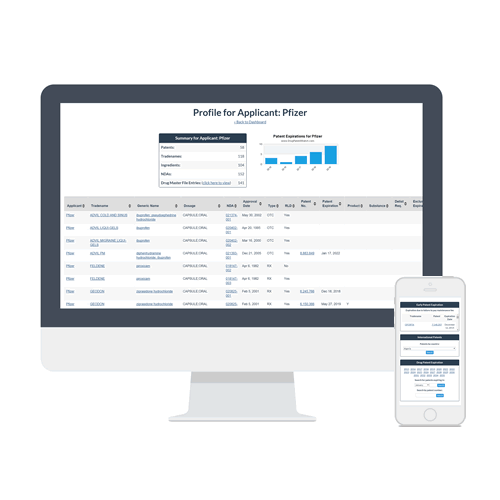 Pharmacists play a crucial role in drug repurposing due to the vast amount of opportunities that exist in this innovative approach. Drug development and registration can be costly, time-consuming, and associated with high failure rates in clinical trials. Drug repurposing offers a creative and cost-efficient method to find new indications for medications, circumventing the productivity gap in traditional drug development.
Pharmacists play a crucial role in drug repurposing due to the vast amount of opportunities that exist in this innovative approach. Drug development and registration can be costly, time-consuming, and associated with high failure rates in clinical trials. Drug repurposing offers a creative and cost-efficient method to find new indications for medications, circumventing the productivity gap in traditional drug development.
The concept of drug repurposing is supported by two core scientific principles. The first principle suggests that any compound safe in humans likely has other therapeutic uses, and many repurposed drugs do not demonstrate a connection to their original indication. All drugs have off-target effects, and employing the “known compound-new target” approach can help identify potential new indications for existing drugs. An undesired effect in one disease state may be beneficial in treating another. For example, a drug known to lower blood pressure could be repurposed as an antihypertensive agent.
The second principle states that any target relevant to a certain disease or pathway often plays another role in different biological processes. This implies that other pathways might be involved, necessitating further research to establish therapeutic connections.
Drug repurposing involves four steps: compound identification, compound acquisition, development, and FDA post-marketing safety monitoring. While it is a multi-step process, it holds the potential for significant rewards with lower risks compared to traditional drug discovery.
Various methods, such as in-silico approaches (data mining, machine learning, and network-based analyses), molecular and real-world data analyses, and endpoint screening, can help identify potential repurposed drugs.
Despite its potential benefits, drug repurposing faces barriers preventing more repurposed drugs from reaching the market. These include the lack of financial incentive, challenges in the existing market, legal and intellectual property issues, and the uncertainty associated with repurposed drugs.
Regulations like the 505(b)(2) New Drug Application and the Orphan Product Extensions Act support the pursuit of repurposed drugs, providing exclusivity and patent protection.
In conclusion, drug repurposing offers a promising approach to expand treatment options and improve patient care, while also benefiting pharmaceutical companies with faster and cost-efficient drug development. Pharmacists can play a significant role in this process, utilizing various methods to discover potential repurposed drugs. By addressing the barriers and promoting collaboration, drug repurposing can lead to meaningful advancements in healthcare.
Original Article: “Pharmacists Can Play Key Role in Drug Repurposing”
Source: Pharmacy Times
Link: https://www.pharmacytimes.com/view/pharmacists-can-play-key-role-in-drug-repurposing


